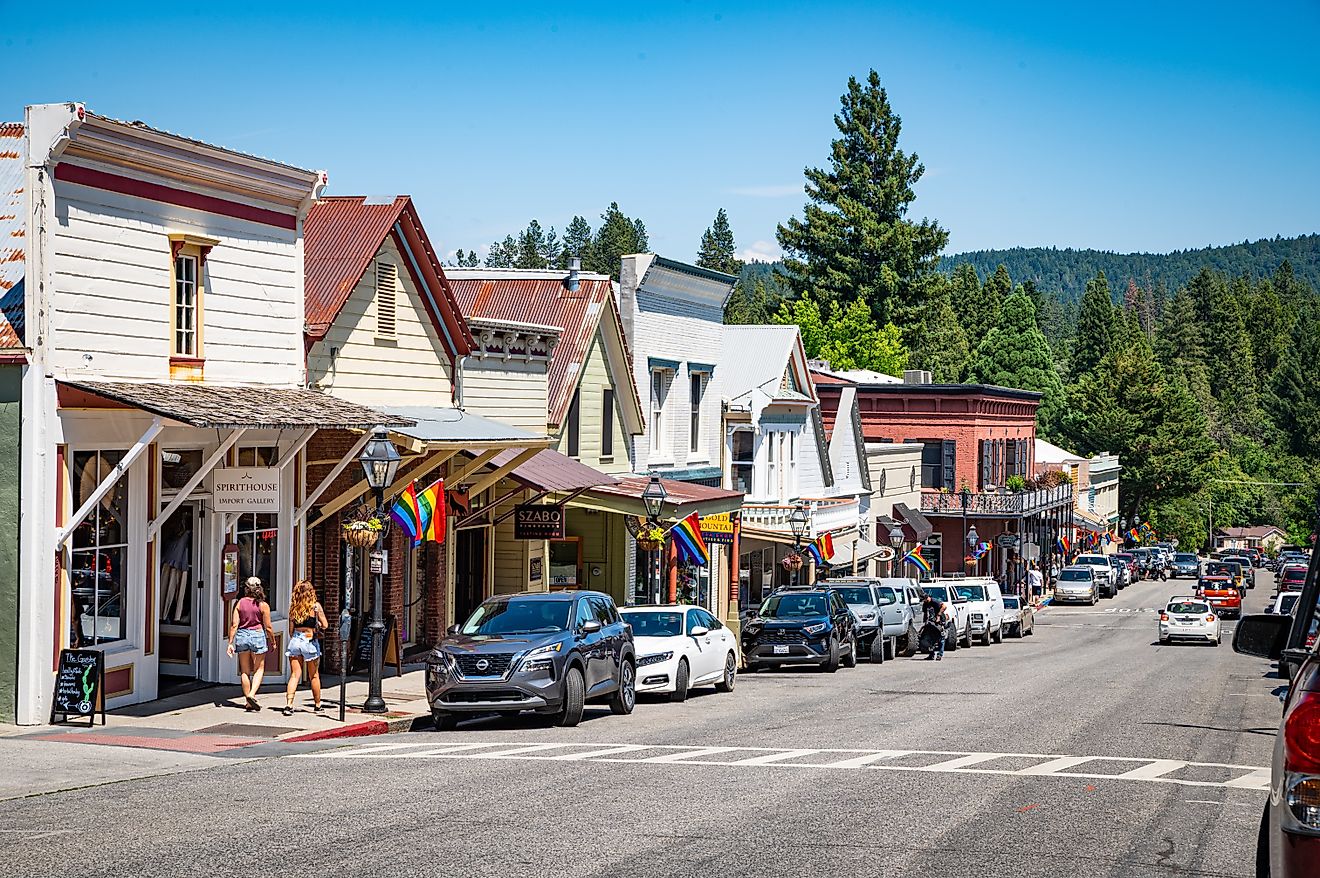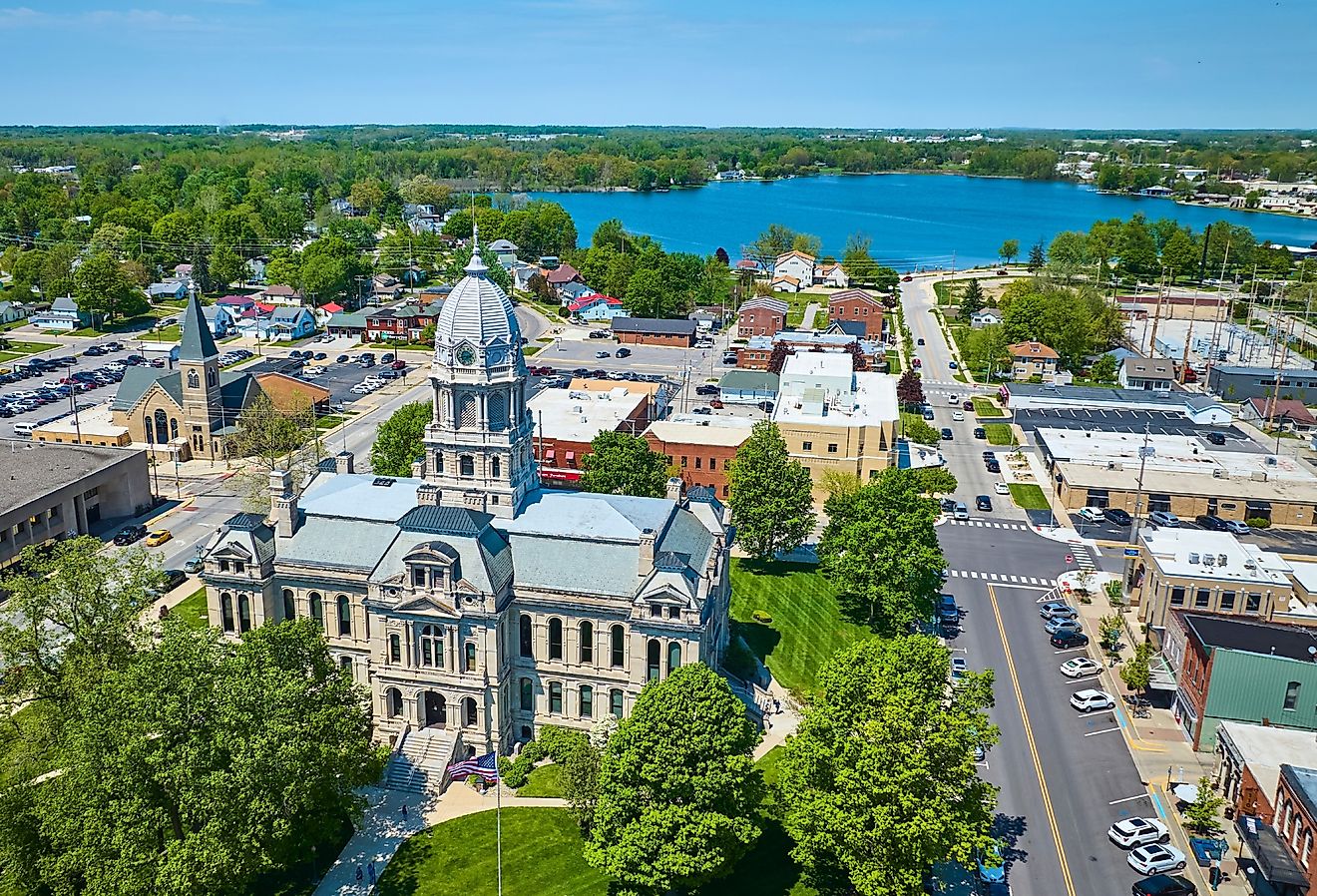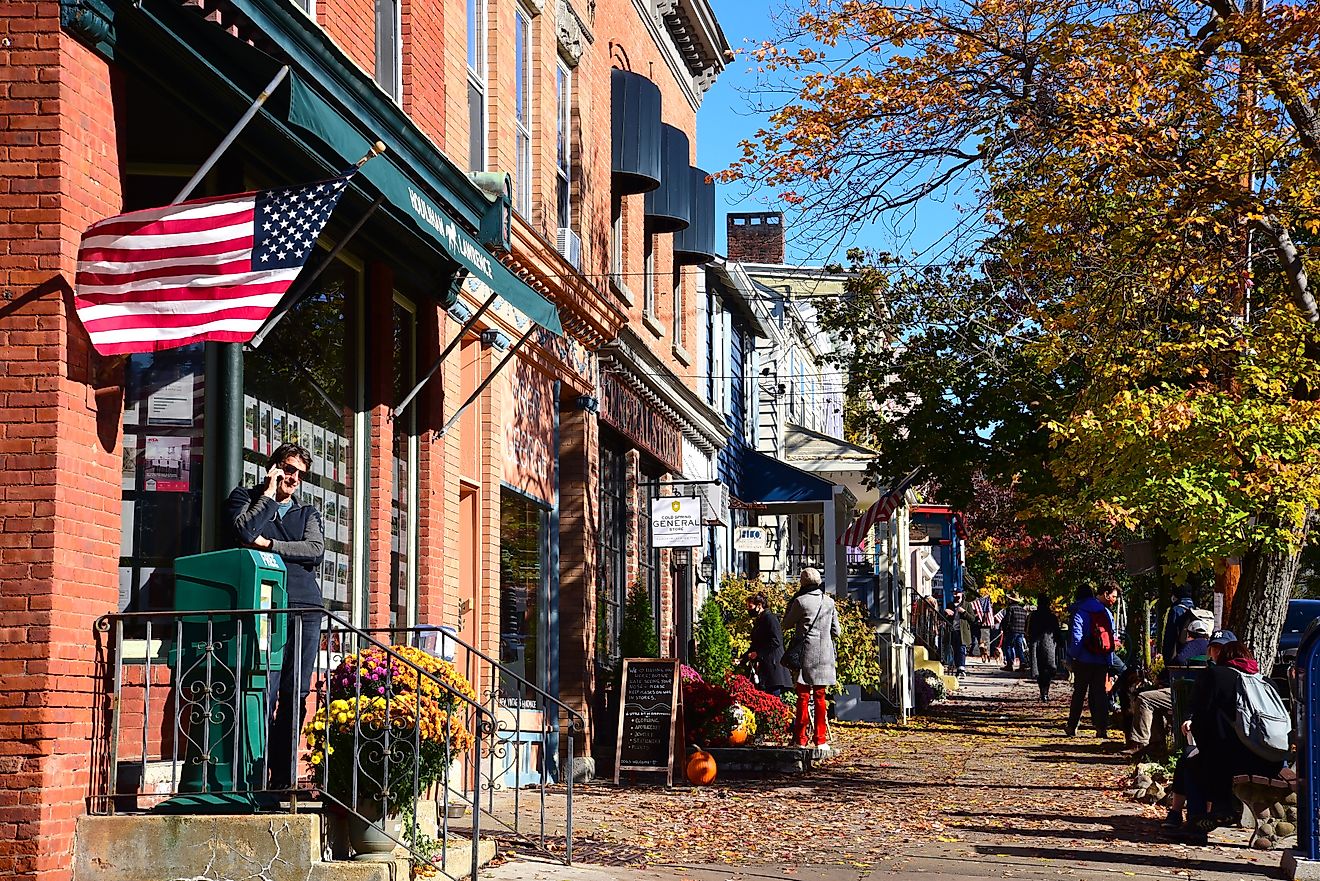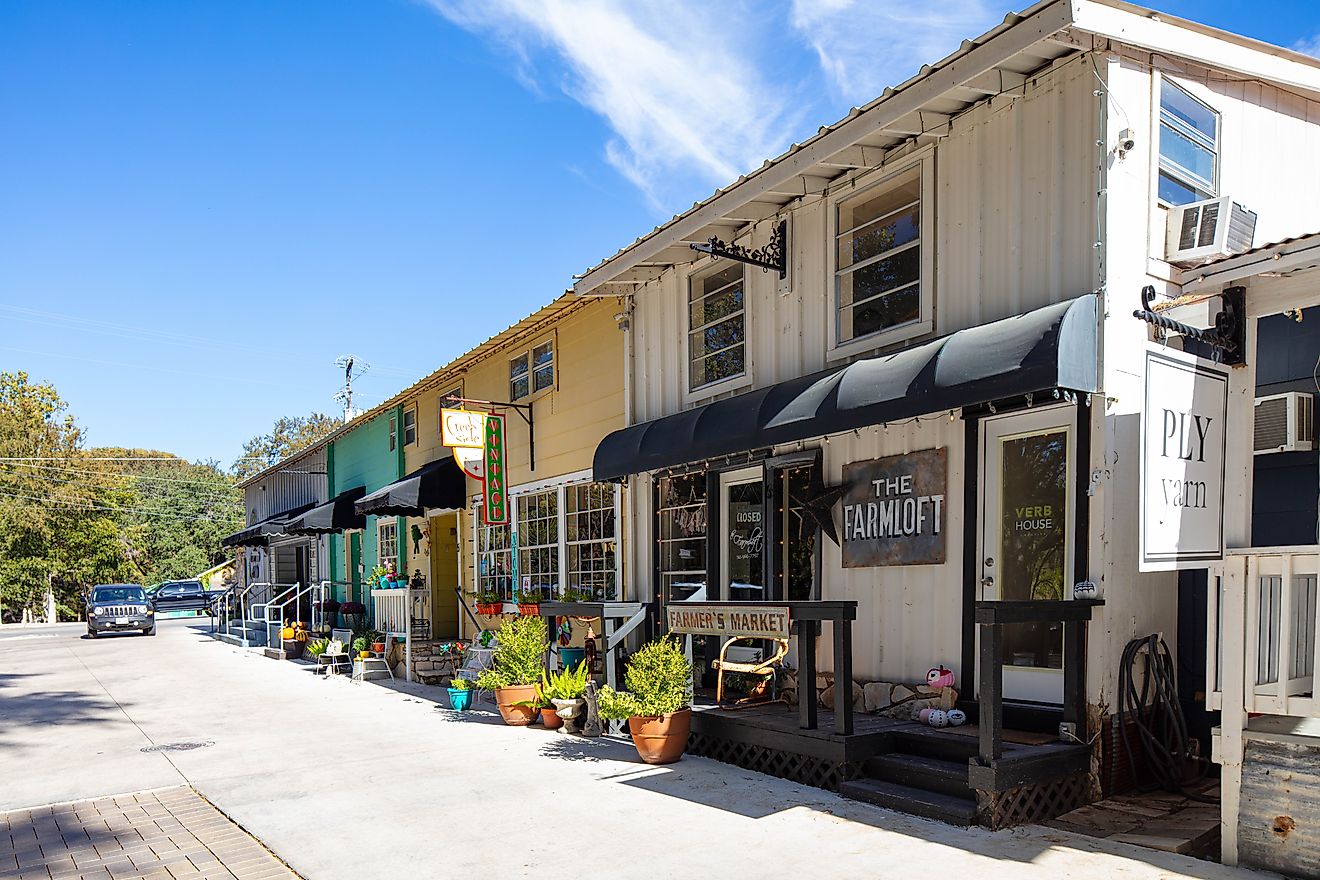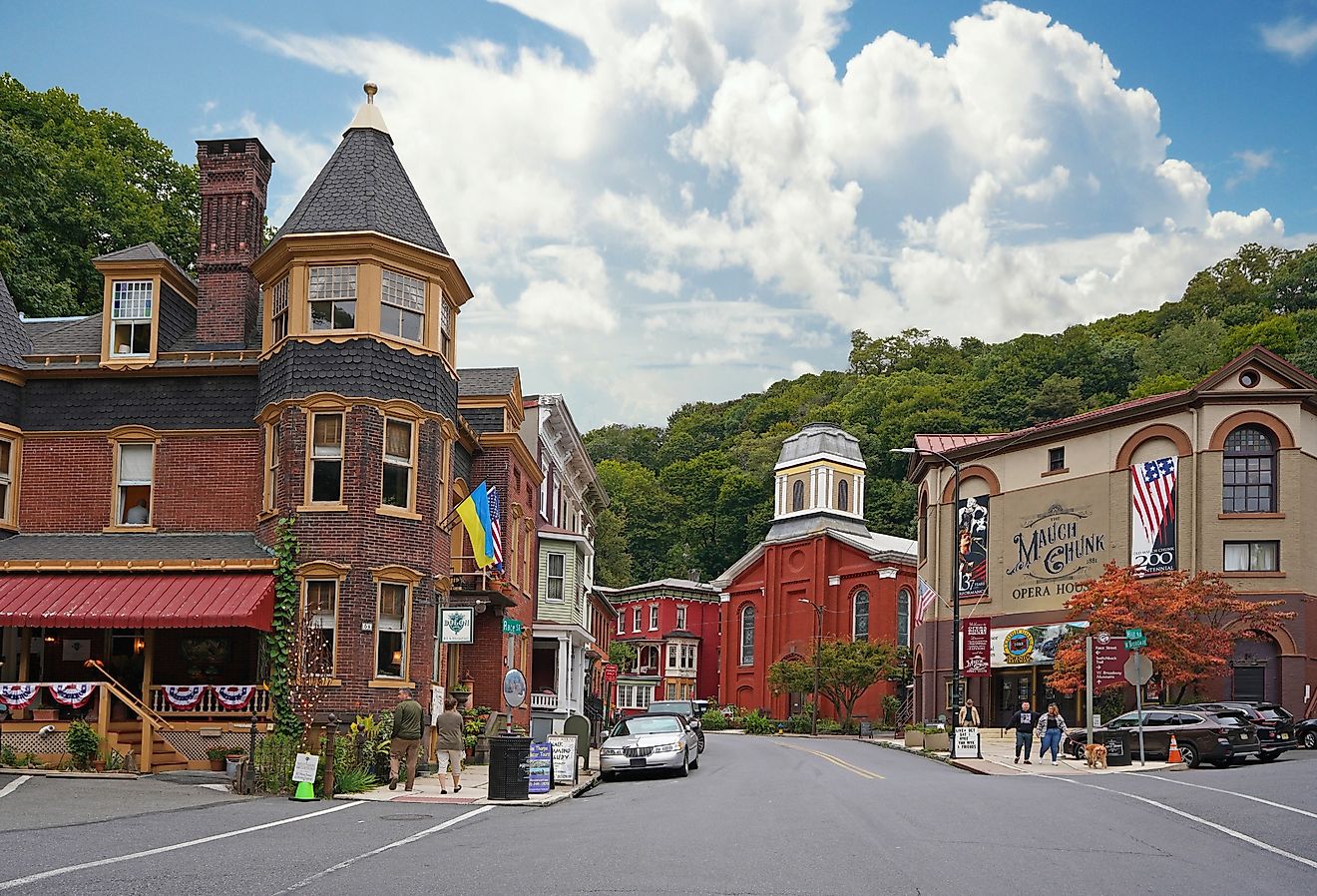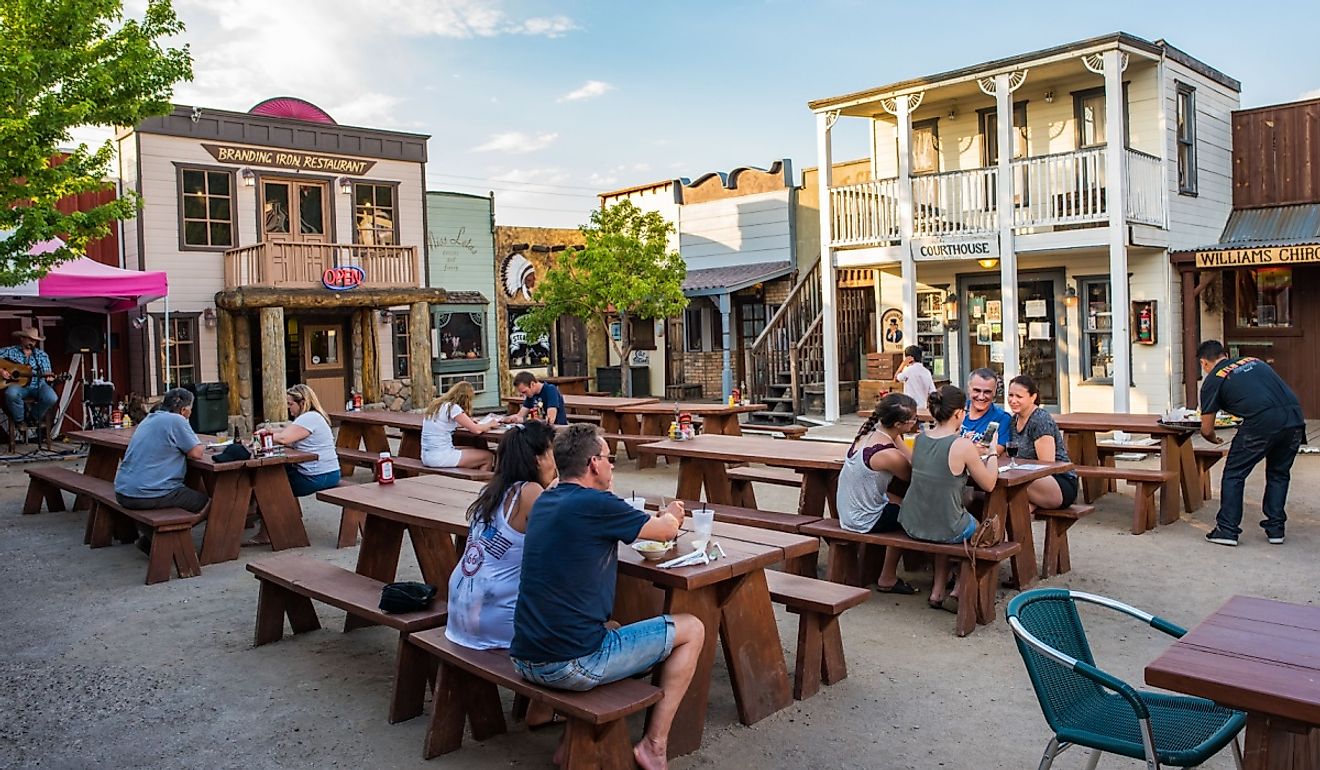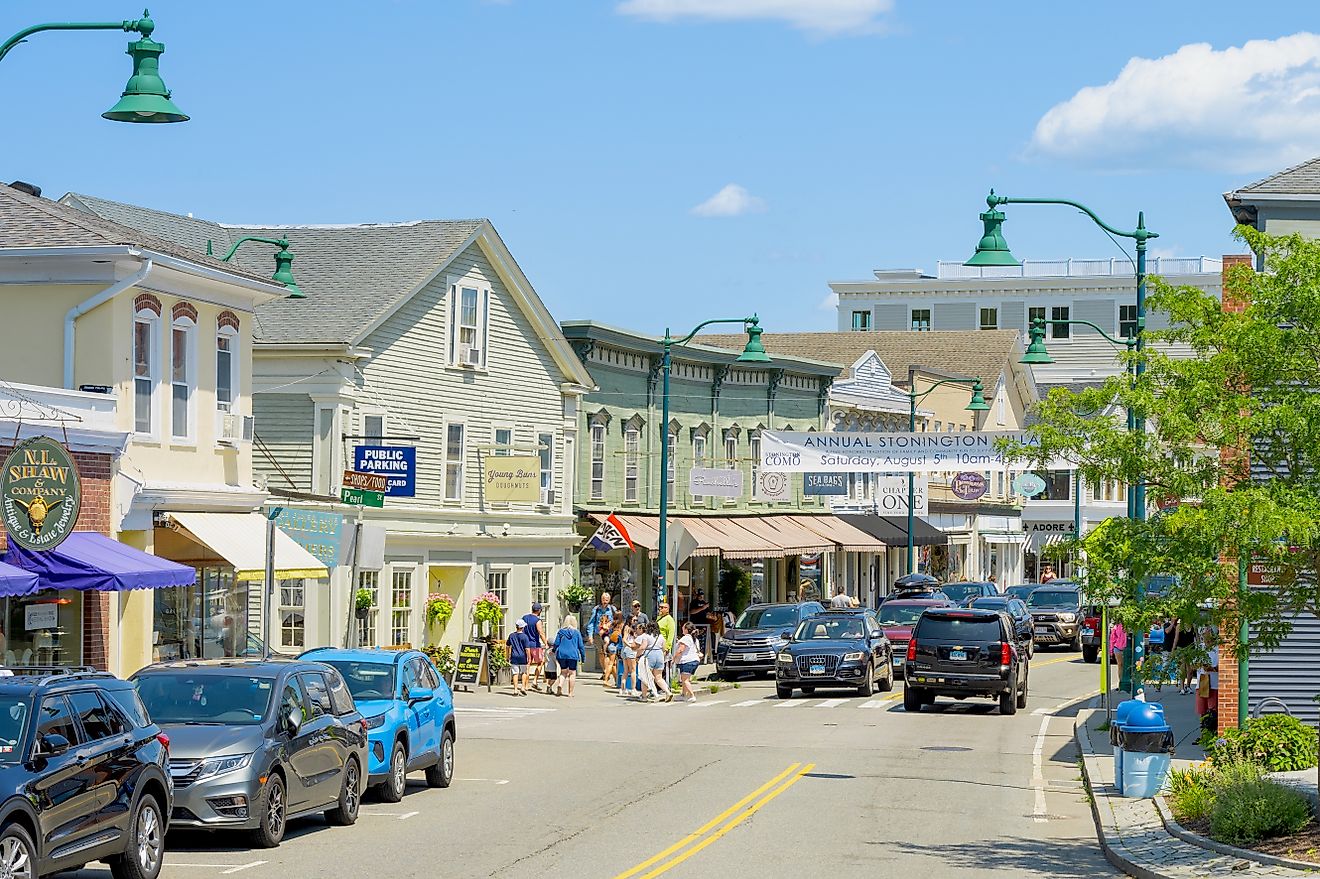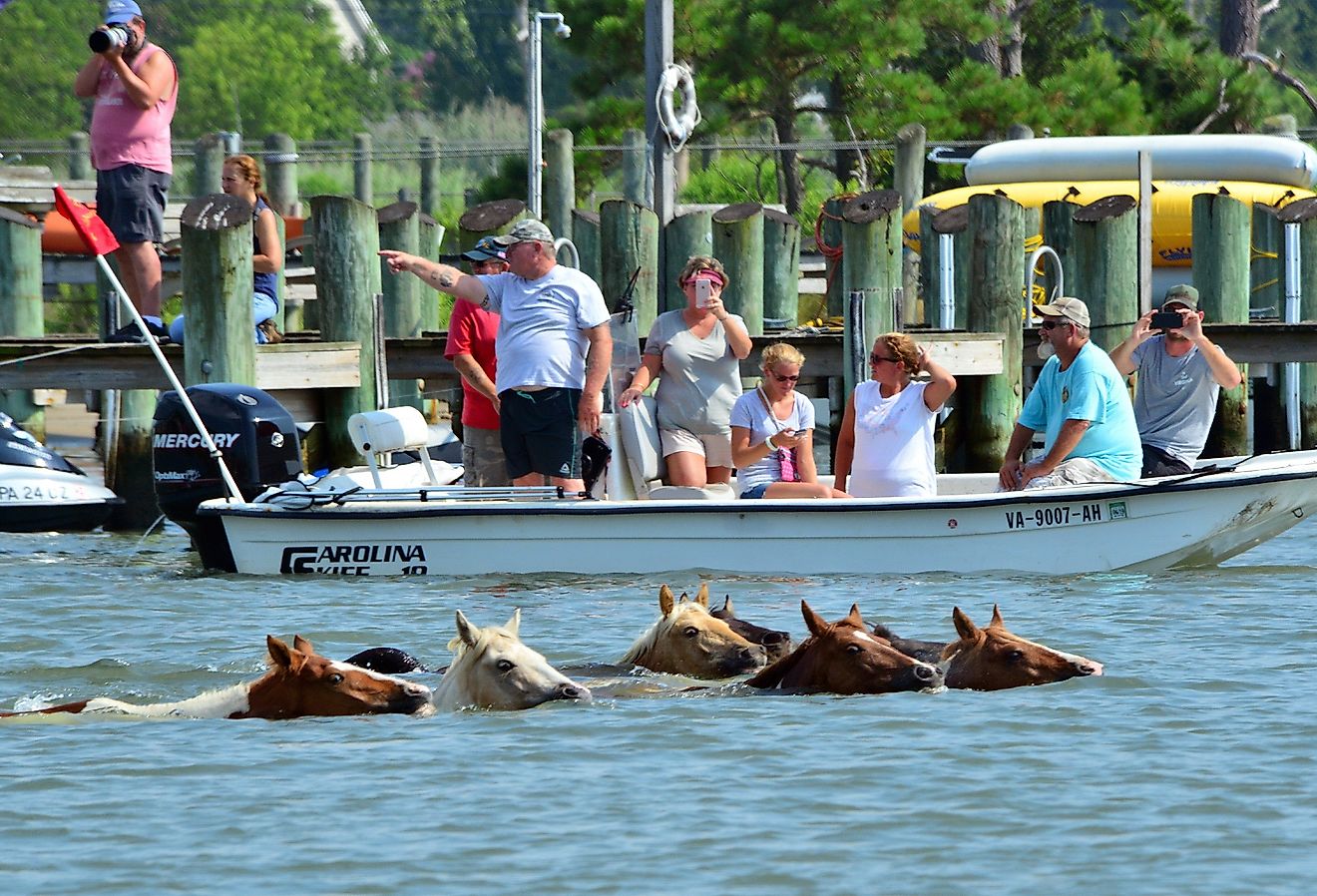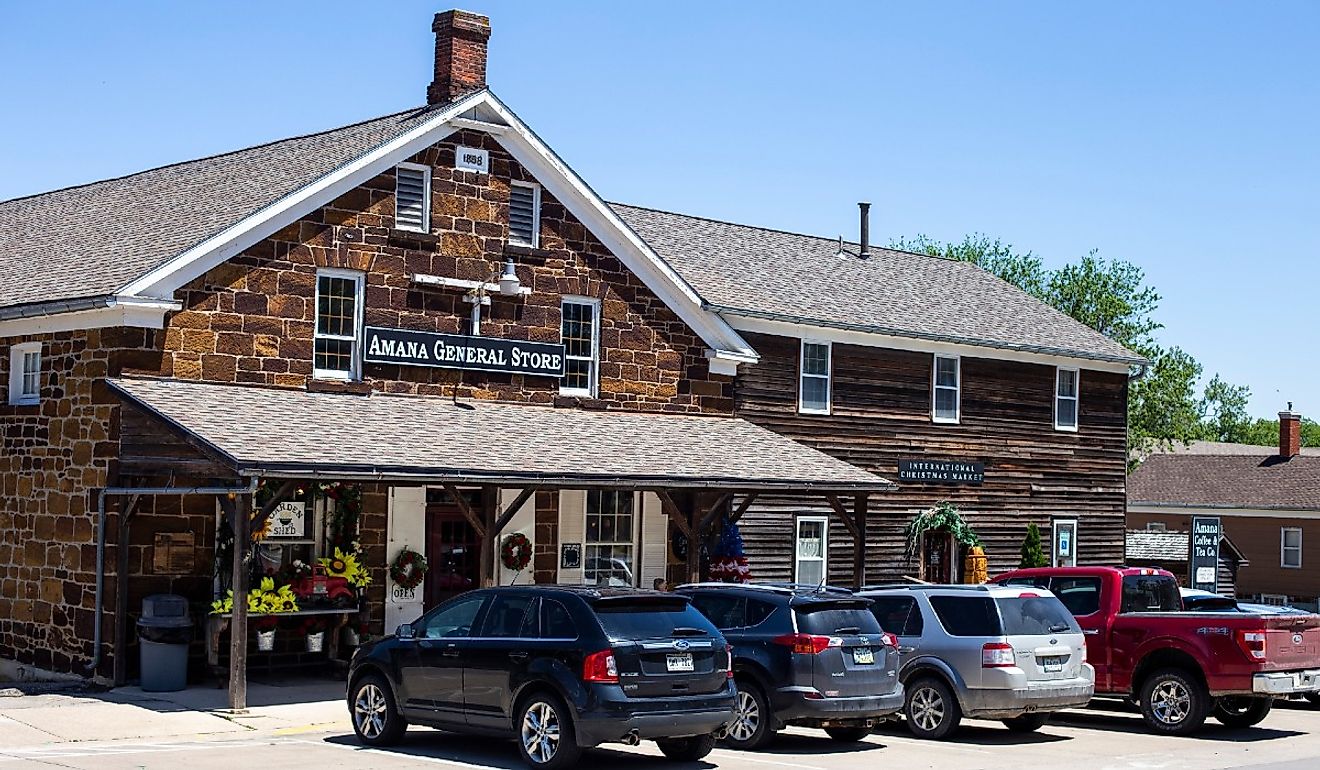
12 Essential Stops On The Going-to-the-Sun Road In Montana
Going-to-the-Sun Road is a stunning drive through the heart of Glacier National Park in Montana, United States. This 50-mile trans-mountain highway opens up a world of Rocky Mountain scenery that would otherwise be inaccessible to the public. Whether you register your own vehicle, utilize the park’s shuttle service, jump in an open-roof tour car, or tackle the road by bike, here are twelve essential stops (from West to East) to watch out for along the way.
Apgar Village

This cute little stop-over can provide anything from simple souvenir shopping to a hardy lunch, a full day of exploring, and even a night overlooking the picturesque Lake McDonald from the window of some cozy lodging options. The visitor center and permit office can be found here in the village, making it a helpful place to learn about the upcoming park experience and ensure you have what you need for the adventure. Before hitting the road, consider renting a boat and booting around Glacier National Park’s biggest lake.
McDonald Creek Overlook
Head down to this wooden platform looking out over the beautiful yet capricious McDonald Creek. In the summer, the water flows at a soothing rate, exposing the layers of erosion and washed-up tree trunks from more turbulent times. In the springtime, glacial run-off brings powerful currents that demonstrate the potentially violent side of Mother Nature. Occasionally, massive floods overwhelm the area, such as in 2006, but most of the time, this makes for a lovely pit-stop.
Lake McDonald Lodge

Pop in for a peak or spend a night at this traditional, Swiss-chalet-style lodge. Built back in 1913, this rustic, photogenic hotel/restaurant enjoys the prime scenery of Lake McDonald’s Eastern shore. If your goal is to split the drive into stages, take advantage of the unique accommodations, including nearby cabin rentals and lower-budget, hostel-style dorms in The Cobb House.
Avalanche Creek

The majestic trails through the old-growth forest make Avalanche Creek one of the most popular spots throughout this drive. A one-mile, wheelchair-accessible boardwalk immerses visitors in the thick tree canopy and gives a great view of Avalanche Gorge. For more of a classic hike, take the turn-off for Avalanche Lake, which heads up into the sub-alpine, to visit the glacial, waterfall-fed lake.
West Tunnel
An optional stop-and-walk, or a very slow drive-by, occurs at the West Tunnel. This short route through the mountain rock was blasted and chiseled back in 1926 through to 1927. Two large observational windows offer encapsulated and invigorating views of Heaven’s Peak and the upper McDonald Creek Valley.
Bird Woman Falls

This 492-foot cascading wonder can be spotted from the side of the road, across the valley, and between Mount Oberlin and Mount Cannon. Take a moment to enjoy Bird Woman Falls as it drops out of what is known as a hanging valley, highlighting the asymmetrical, creative force of the ancestral mega-glaciers.
Oberlin Bend

Oberlin Bend offers another prime viewing platform, this time looking across to the just-driven portion of the Going-to-the-Sun Road, the impressive valley, and even views as far as the Canadian border (on a clear day). This section of the drive is also ideal for observing the shaggy mountain goats that stand as a symbol for Glacier National Park. These docile daredevils can be seen grazing near the road or perched precariously up the steep rock walls.
Logan Pass

Sitting at 6,646 feet above sea level, Logan Pass is the literal and figurative high-point of the Going-to-the-Sun Road. Around 2 million people visit this area during the brief summer season. The subalpine environment is yet another fantastic place to find fields of wildflowers, which look like colorful offerings to the towering Reynolds and Clements Mountains. This unique ecosystem is home to mountain goats, bighorn sheep, marmots, pikas, and even some black and grizzly bears - all of which can be sporadically seen from the treasured boardwalk and viewing platform.
Lunch Creek

Treat yourself to the pleasant sounds of gushing waterfalls, and if you arrive in the summer, the fields of blooming wildflowers at Lunch Creek. The water runs down the natural steps that were long-ago carved out of the rock. The park’s omnipresent mountain backdrop does not miss a beat here. This time, the tabletop peak of Pollock Mountain frames this must-see setting.
Siyeh Bend

This stand-out bend is a perfect place to take a break and stretch your legs because two popular day hikes, Piegan Pass and Siyeh Pass, start from here. Hikers can make their way clear of the road and high into the alpine. Conversely, this is another spot to view seasonal expanses of wildflowers, for which a simple stroll will suffice.
St. Mary Falls Trailhead

Towards the Eastern end of the park is another excellent jumping-off point for pristine hikes. One of the most popular routes is the 2.4 - 3.6-mile (depending on if you take the optional extension) hike to St. Mary Falls. It does not require much time or physical exertion but will still deliver the crowd-pleasing trifecta of a forested trail, creekside boardwalk, and misty waterfall.
Sunrift Gorge

One final place to appreciate the power and magnificence of rushing water is Sunrift Gorge. The gorge has been slowly carved into its current form by the incorrigible waters of the glacially-fed Barring Creek. This pleasant outing is a great way to cap off (or kick off if you are heading West) the drive.
Going-to-the-Sun Road brings passengers to a wealth of exciting geological and artificial features, jaw-dropping viewpoints, popular trailheads, and other nourishing pit-stops. Though the drive can be done in about two hours (without breaks), the slower the going, the better the experience will be. There is no need to rush in a place like this.
